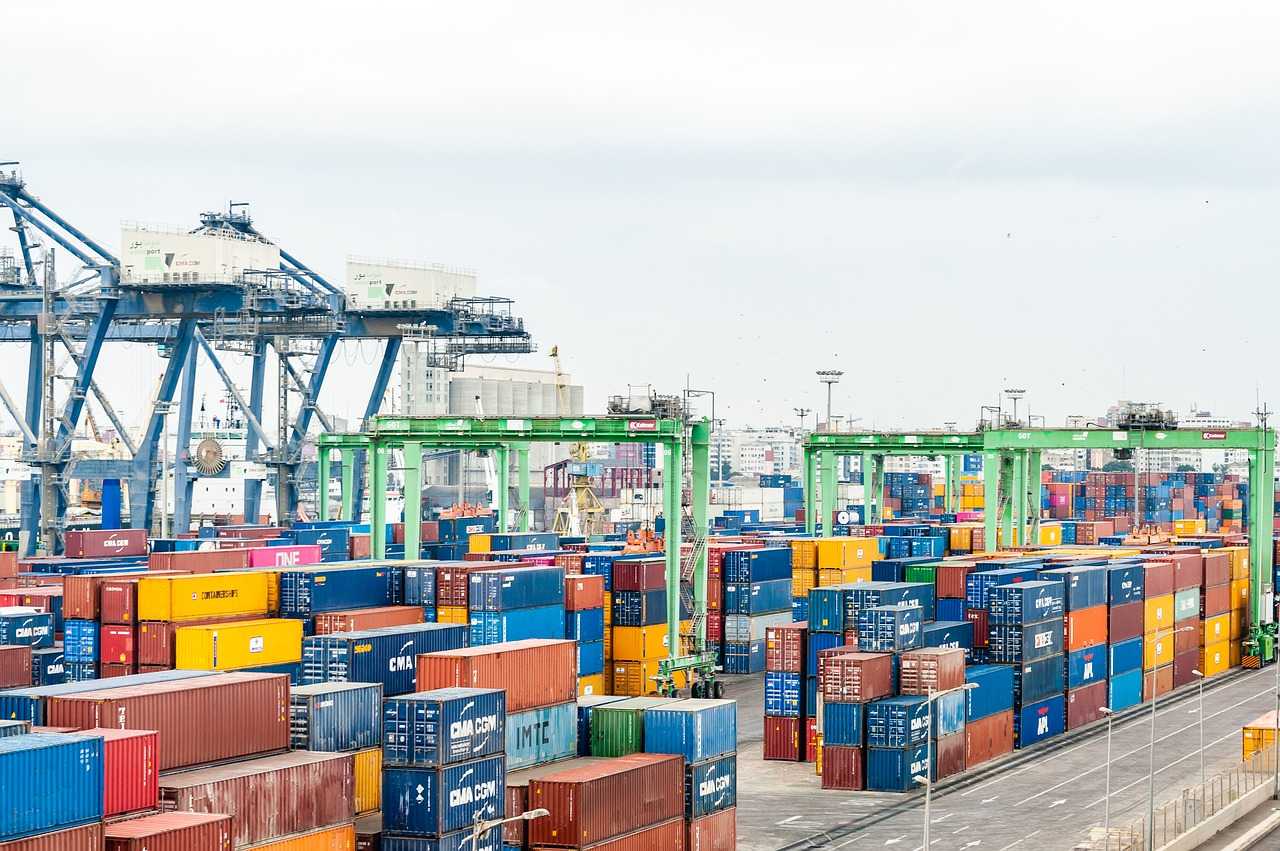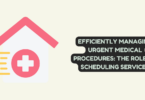
Freight Management
Freight management systems are crucial in streamlining and improving the logistics and transportation process. Right from moving products from point A to B to managing operations, freight management software systems help in planning, monitoring, documenting, and controlling inventory most seamlessly. This software solution streamlines manual processes, lowers operating costs, and increases efficiency.
It also helps offer better customer service by allowing businesses to get real-time visibility into the logistics or cargo status, resource allocation, and route optimization. Overall, it helps in making improved decisions and a balanced workflow. With freight management systems, logistics, and transportation businesses can make quicker deliveries, improve supply chain performance, and gain a competitive edge. This system ensures flawless coordination and communication between all the stakeholders, including carriers, shippers, and clients.
By engaging the services of a transportation software development company, stakeholders are making a strategic investment in freight management software. This decision is driven by the need to increase business efficiency, streamline workflow operations, and reduce costs in the transportation and logistics industry.
The Freight Management Process Explained
The efficient coordination of the transportation of products from the point of origin to the point of destination is the goal of freight management. Ordering, scheduling freight, choosing a carrier, tracking shipments, transportation, customs clearance, last-mile delivery, and delivery proof are all included.
Freight management guarantees cost savings, on-time delivery, and enhanced supply chain operations. Freight management systems and advanced technology automate and streamline these procedures, enabling real-time visibility and raising logistical efficiency. Effective freight management is crucial for businesses to maintain smooth operations and satisfy client needs in a cutthroat market.
Benefits of the Freight Management System
The Freight management system is a valuable tool that enhances efficiency, visibility, collaboration, decision-making, and customer satisfaction in transportation and logistics businesses. Let’s have a look at the benefits:
Enhanced Warehouse and Inventory Efficiency
Logistics success depends on effective inventory management and warehouse operations, but these may be challenging without an efficient management tool. To maintain inventory levels and receive alerts when you need to restock, you can streamline these processes by using a transport management system.
Additionally, since less data must be entered and less paperwork must be generated, the warehouse requires less manual labor.
Improved Efficiency
Tracking, scheduling, and documentation are just a few manual operations a freight management system may automate. This may result in increased productivity and reduced time devoted to administrative activities.
Cost Savings
The freight management software solutions help owners save money by recommending the best routes and most affordable carrier services based on the kind of shipment and freight services.
Errors in booking and invoicing are less likely because it involves the fewest human interactions and inputs. Even more, more occasional phone calls and physical inspections cut down on the hours needed for internal and external freight operations.
Tracking and Visibility in Real-Time
A freight management system provides real-time tracking and visibility of shipments across the whole supply chain. Businesses can use it to monitor their products’ whereabouts, condition, and status as they’re being transported, enabling proactive management and prompt answers to any problems or delays.
In addition to raising customer happiness, real-time visibility helps businesses optimize routes, foresee potential bottlenecks, and make data-driven choices for improved supply chain management.
Factors Influencing the Cost of Developing a Freight Management Software
The price of creating freight management software can differ depending on a number of factors. This includes:
Scope and Complexity
The software’s size and complexity will affect development efforts and costs, including the number of features and modules.
Customization
Customizing the software to match particular business requirements will increase development time and expense.
Integration
The overall cost may increase if more work is needed to link the software with current systems like ERP or CRM.
Data Security and Compliance
Putting in place strong security measures and ensuring that business standards are followed may increase the development cost.
Scalability and Data Volume
The software’s ability to handle huge amounts of data and scale as necessary for expansion may impact the development cost.
Third-Party Services
Including third-party services, such as payment gateways or map APIs for route optimization, may result in extra costs.
User Interface (UI) and User Experience (UX)
Designing an interface that is easy to use and intuitive may take more time and money.
Platform and Technology
The cost may vary depending on the selected programming languages, platform, and technology stack.
Maintenance and Support
After the software is deployed, budgeting for continuing maintenance and support is crucial for the software’s long-term success.
Project Timeline
The project’s development schedule might affect the cost because longer projects may need more resources.
Development Team and Location
The experience and location of the development team may impact the hourly rates and, as a result, the overall cost.
The cost of developing freight management software can be between $30,000 to $200,000 or more, depending on the project requirements.
Businesses may accurately estimate the price of developing freight management software by carefully analyzing these criteria and working with an experienced software development team. To create a successful and affordable solution, it is essential to balance the software’s features, quality, and budget.
Concluding Thoughts
Implementing a high-quality freight management system can bring numerous benefits to a logistics business. Companies need to seek ways to progress constantly.
By adopting a single, easy-to-implement software solution, companies can avail themselves of multiple advantages, enabling them to compete at a higher level and propel their business forward.






